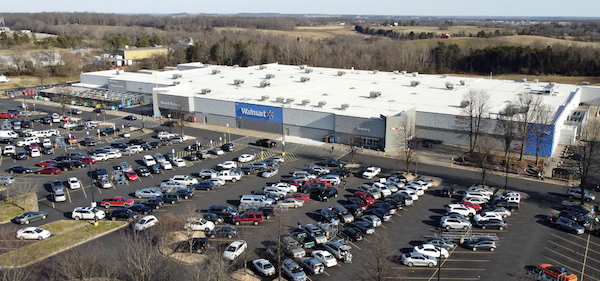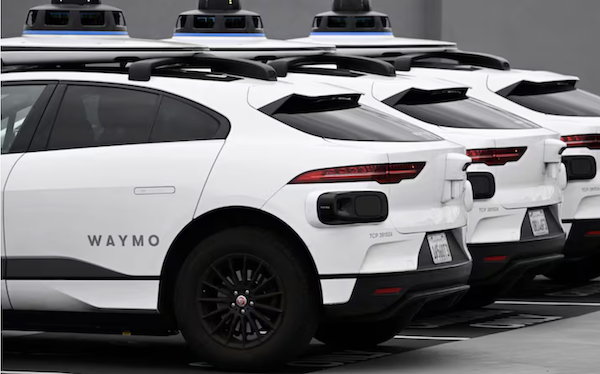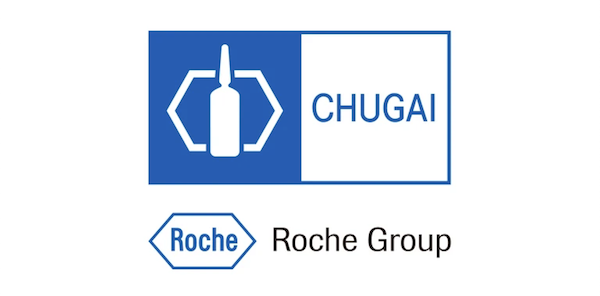Market scorecard
US markets declined yesterday as the US Dollar gained the most in over a month. The S&P 500 started the day nicely in the green, nearing its all-time high, but lost momentum as the afternoon session wore on. Later today Jay Powell will address the gathering at Jackson Hole, and clarify the Fed's plan with interest rate cuts for the rest of this year.
In company news, Peloton Interactive jumped 35% after the fitness company delivered on its turnaround strategy. Elsewhere, Uber announced plans to offer self-driving cars on its ride-hailing platform next year. Finally, Zoom Video Communications zoomed 12.9% higher after beating earnings estimates.
At the close, the JSE All-share was off by 0.48%, the S&P 500 fell 0.89%, and the Nasdaq sagged by 1.67%. No man.
Our 10c worth
One thing, from Paul

A famous study in 2010 suggested that happiness climbs with income, but plateaus at $75 000 per annum. For the record, that's about R1.35 million a year, a little more now due to inflation. That finding spread like wildfire, and it soon became conventional wisdom.
This research has since been thoroughly debunked. A team at the Wharton School (the business faculty at the University of Pennsylvania in Philadelphia) re-ran the study and found that people earning $500 000 per year were even happier.
The lead academic on the study, Matthew Killingsworth (pictured below), is an expert in the field and has fine-tuned a system for measuring happiness more objectively. He now contends that there is no plateauing at all - millionaires and billionaires feel very good about themselves. The richer people get the more fun they have.
So here's my advice (it's a Friday): try to get as rich as possible. Don't become one-dimensional or kill yourself working, but once you've achieved material wealth, just aim higher and keep going.
Byron's beats

The jury is still out on how useful AI will be in our lives. At a direct-to-consumer level, I feel it's quite limited. Many people have signed up for products like ChatGPT, CoPilot and Grok but how many actually use them on a daily basis? My guess is well below 50%. That may change in time as the products get better.
However, AI is proving incredibly useful for businesses. Walmart had the following to say in their latest earnings release.
"We've used multiple large language models to accurately create or improve over 850 million pieces of data in our catalog. Without the use of generative AI, this work would have required nearly 100 times the current headcount to complete in the same amount of time."
If Walmart is more efficient, they can sell goods for less, which in turn fights inflation and benefits the consumer. There are a lot of winners in that case.
Michael's musings

Last month Alphabet reported an impressive set of numbers. Part of the earnings release revealed that Alphabet is investing an additional $5 billion into the driverless taxi company Waymo.
Google first started developing self-driving technology in 2009, a division that would become Waymo and spun out of Alphabet in 2016. In 2020, the company started offering its services without safety drivers in the cars. Earlier this week, company CEO Tekedra Mawakana announced that they now service 100 000 customers a week, double the reported number in May.
Tesla is also pursuing self-driving technology, with the ambition of introducing a robotaxi in years to come - there will be a big robotaxi update on 10 October. Infamous investor Cathy Wood thinks that Tesla's robotaxi could make it a $10 trillion company one day. Given the scale of Waymo, I'm surprised that it doesn't get more attention from investors.
Bright's banter

I read an interesting story in the FT last week, which I wanted to share. The story showed how hard it is to know early on if a new drug will become a blockbuster.
In 2018, the Swiss pharma giant Roche missed out on acquiring a potential blockbuster weight-loss pill, now being developed by Eli Lilly, which could generate $14 billion annually by 2032.
Roche passed on its "right of first refusal" to buy the drug, then known as Owl-833, from its long-time partner Chugai, valuing it at just tens of millions. Instead, Eli Lilly purchased it, now called orforglipron, for $50 million. The pill is expected to launch in 2026 and could dominate the $130 billion weight-loss market, giving Eli Lilly a significant advantage with its scalable GLP-1-based formula.
At the time, Roche decided to get out of obesity drugs after past setbacks. They have since re-entered the weight-loss market by acquiring Carmot Therapeutics for $3.1 billion. Their disastrous decision in 2018 highlights the challenges of identifying future blockbuster drugs early on.
Despite the missed opportunity, Roche has had other successes with products from Chugai, such as the $4.5 billion-a-year haemophilia treatment Hemlibra.
You win some, you lose some.
Linkfest, lap it up
Hydrogen is a clean fuel source. However, conventional hydrogen production releases large amounts of CO2 - Extracting hydrogen from underground is a greener option.
Petrolheads hate electric cars. But they don't seem to mind plug-in hybrids - Auto manufacturers are tweaking their plans.
Signing off
Asian markets are mostly higher this morning. Equity benchmarks rose in India, Japan, mainland China, South Korea, and Taiwan while they fell in Hong Kong.
In local company news, Cashbuild released a trading update indicating it expects a profit decline of up to 30% for the year ending June, attributing the drop to impairments on several of its stores across the country. Oof, that's not good.
US equity futures are pointing to a market recovery this afternoon. The Rand is trading at around R17.97 to the US Dollar, after spending some time above the R18 mark yesterday.
Have a restful weekend, you've earned it.